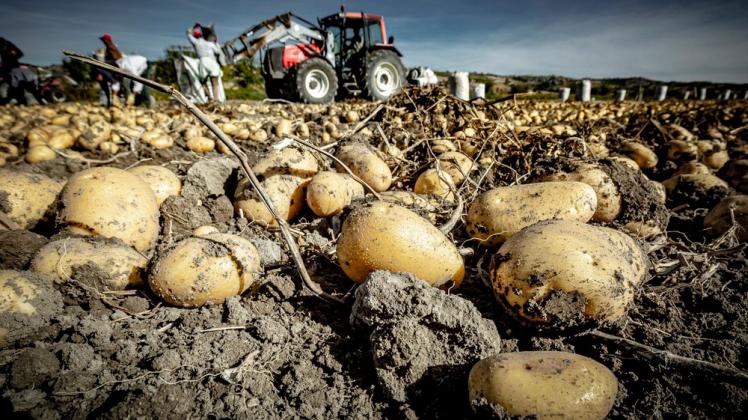Europe: Alliance of European countries advances in project to develop natural substances
Spain, Italy, the United Kingdom, Denmark, Norway, Belgium and Switzerland have become involved in an ambitious project to develop natural substances to replace chemicals.

Now, several European countries are joining forces to try to address this situation by reducing the use of chemicals and replacing them with organic substances. Spain, Italy, the United Kingdom, Denmark, Norway, Belgium, and Switzerland are uniting in an ambitious project to develop green pesticides that will replace toxic synthetic chemicals used to combat pests and pathogens that threaten key crops for food security, employing biological waste such as used coffee grounds and forest and aquatic biomass.
The project, called CropSafe and funded by the European Union, was recently launched under the coordination of the Phytopathology Research Group at the University of Alicante (UA), one of the most internationally renowned scientific departments in this field. The group is led by Professor Luis Vicente López Llorca and also includes Dr. Federico López Moya, a tenured professor at the University. The challenge of CropSafe is to obtain bioactive materials with a low carbon footprint derived from biomass for use in combating agricultural pests, achieving the same effectiveness as chemically synthesized products. This line of research is novel in Spain but aligns with the sustainability and circular economy strategies promoted by the EU, whose legal framework is progressively restricting or phasing out harmful pesticides from the market.
Wasted value.
Biomass has great value, although we currently waste a large part of it. Compounds or residues derived from industrial processes or agricultural activity itself have the potential to be used as biopesticides, some directly and others through formulations (combined with other components), the two researchers point out. The CropSafe team discusses three key food crops threatened by pests and diseases: potatoes, tomatoes, and bananas. In the case of potatoes, nematodes are reducing harvests by up to 65%. Meanwhile, the black weevil and the fungus Fusarium oxysporum are causing a global pandemic in banana plantations. The fungus, which suffocates the plants and for which there is no cure, threatens to wipe out bananas worldwide.
Three biorefineries located in Norway and Denmark provide byproducts derived from the production of paper pulp, seaweed, and coffee grounds used for the project. These are the raw materials with which researchers will generate bioproducts that will be tested in laboratories and on farms as novel green pesticides.
Fuente: eldiadevalladolid.com




